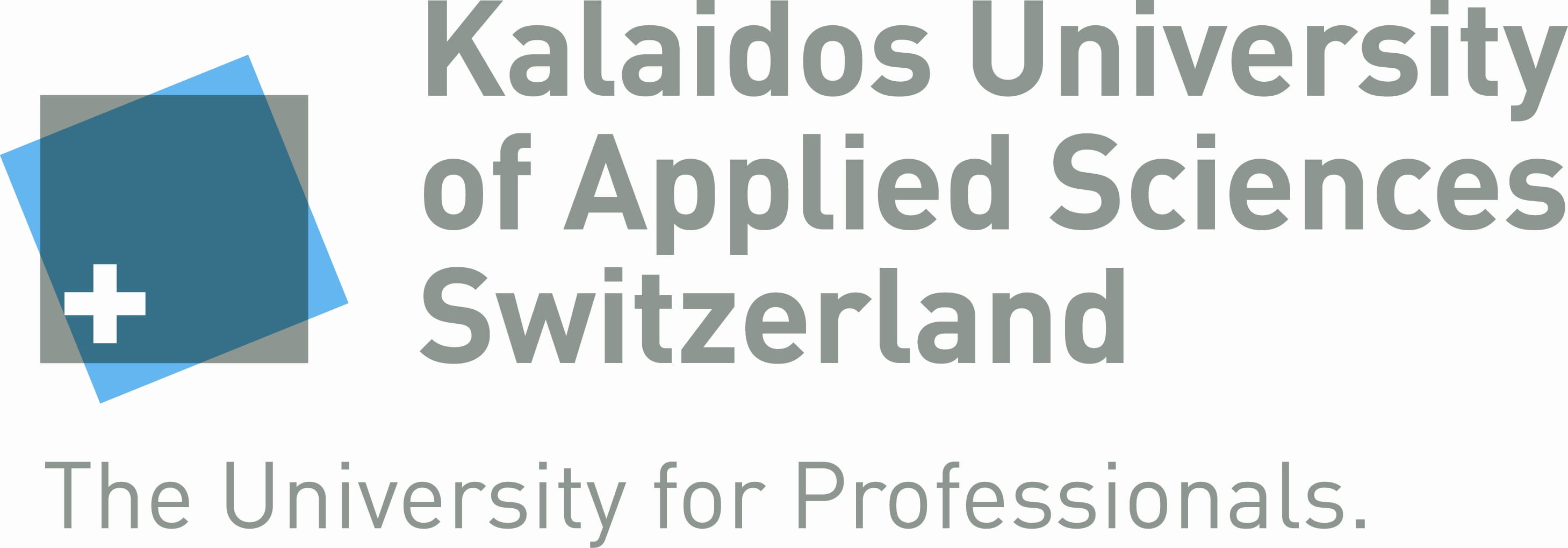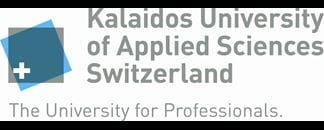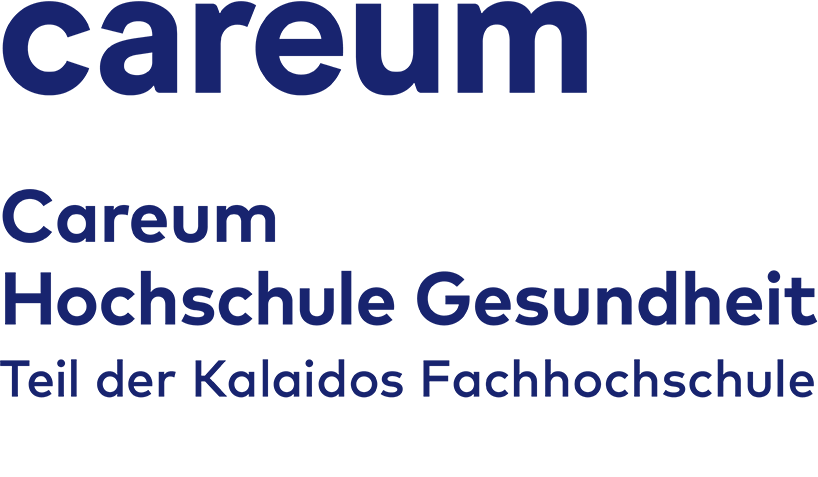High-tech help put to the test
Modern technology can enable people who need assistance to organise everyday life at home for themselves. In the living lab “Active & Assisted Living”, assistance systems are examined for their everyday suitability.






Basis
Technology-supported living has been required and promoted for some years. The aim is to support the autonomy of people requiring assistance, enabling them to live longer in their own home and manage daily life for themselves. The “Active & Assisted Living” (AAL) care concept has thus become one of the key factors in recent years for the scientific and market-orientated research sector. The group of experts that evaluated the European AAL programme between 2008 and 2013 attested to two aspects of good progress regarding this concept, in the field of research, development and innovation. However, they found that the social and economic effects and wide market penetration have yet to materialise.
Project
This project seeks to rise to the challenge of making sustainable use of AAL technologies and the connected human support services (technology/service combination) in the Lake Constance region, internationally and in accordance with country-specific care systems and technical standards. In three in-depth projects and one framework project, the user, technical, network and market barriers are identified and measures to surmount them are developed and tested.
“Active & Assisted Living” (AAL) is one of three living labs that was set up to improve innovation and competitive ability in the region surrounding the “Internationale Bodensee Hochschule” (IBH) – a union of German, Austrian, Liechtensteinian and Swiss universities in the Lake Constance region. It is sponsored by the Interreg programme “Alpenrhein-Bodensee-Hochrhein””.
Project objectives
The aim of the project is to make “Active & Assisted Living” possible for people suffering from an individual physical or psychological limitation (caused by old age or disability), who feel excluded from social and economic life. Individually tailored ambient-assisted technologies aim to enable independent living as far as possible and support the services provided by professional and informal care workers.
Living labs provide an integrated infrastructure for research and development, to enable innovation and evaluation under real conditions, which also takes account of the requirements of all interested groups. As well as the technical environment and the psychophysiological aspects, cultural, organisational, legal and market-relevant factors are also considered.
Project consortium
Lab management: FH Vorarlberg
Participating universities: HS Furtwangen, HS Kempten, HTWG Konstanz, DHBW Ravensburg, HS Ravensburg-Weingarten, FHS St.Gallen, University of St.Gallen, FH Vorarlberg, Kalaidos University of Applied Sciences Zurich, ZHAW
Various providers of social services and technology
Project team
Careum School of Health: Dr. Heidi Kaspar, Anna Hegedüs, Fabian Berger (until March 2020: Prof. Dr. Ulrich Otto)
Funding
Interreg V-programme “Alpenrhein-Bodensee-Hochrhein”
www.interreg.org
Duration
2016 – June 2021
Further information
Find out more about IBH Living Lab “Active & Assisted Living”
Brochure, information poster and congress poster on the IBH Living Lab “Active & Assisted Living”
Find out more about the support for the IBH Living Labs
Blog article from Heidi Kaspar: Technik unterstützt Leben im Alter
News Projektstart «Technik im Quartier»
Annual report of the IBH
Project website Barrierefreier Tourismusraum Bodensee





